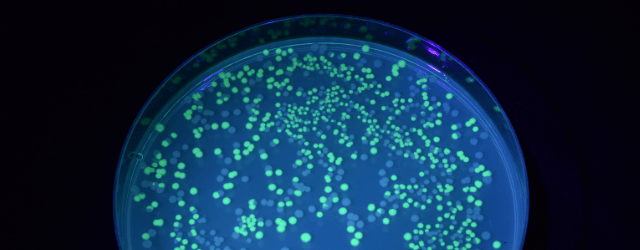CRISPR-based multiplexed genome editing for improved heterologous protein engineering and expression in E. coli

What will you learn?
- How to develop and analyze site saturation mutagenesis libraries for heterologous-enzyme engineering to improve activity
- How to improve expression of heterologous proteins in E. coli using genome-wide editing libraries
- Novel promoter and ribosome binding site biochemistry for improving the understanding of genome regulation
- How to apply fluorescence-based assays for high-throughput novel variant discovery and investigations into genomic regulatory elements
Who may this interest?
- Pharmaceutical companies with protein expression workflow in their pipeline
- Structural biologists
- Synthetic biologists
Speaker
 Tyson Shepherd, PhD
Tyson Shepherd, PhD
Senior Scientist, Applications Development
Inscripta (CO, USA)
Dr Tyson Shepherd has a background in biochemistry and synthetic biology, and has published papers on protein engineering, large DNA construct design, cell-free synthetic biology, phage biology and nucleic acid nanotechnology. Dr Shepherd works in a collaborative team within Inscripta and with external partners to design and execute projects demonstrating the many applications of the Onyx Digital Genome Engineering Platform. Before joining Inscripta, Dr Shepherd was a research associate at MIT. Dr Shepherd earned his graduate degree at the University of Iowa and completed his postdoctoral research at MIT and Uppsala University.
This webinar was recorded on 14th June 2021
